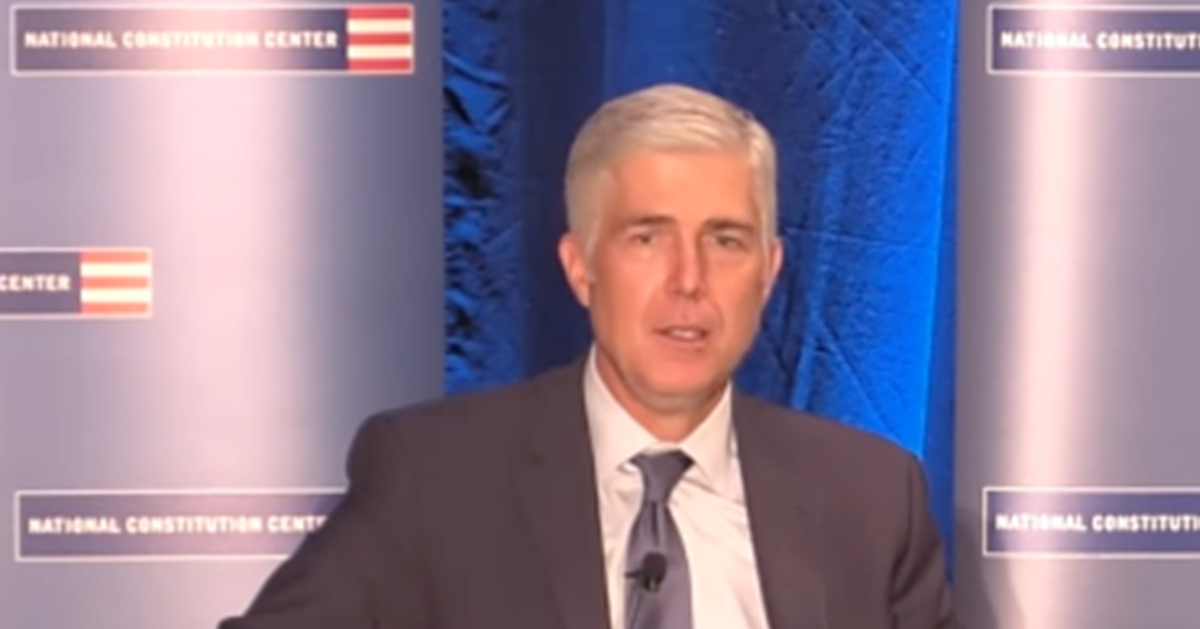Colombia Complies with U.S. After Tense Trade Dispute
In a swift and unexpected reversal, Colombia has agreed to accept deportation flights from the United States following threats of severe economic and diplomatic retaliation from President Donald Trump.
After initial resistance, President Gustavo Petro conceded to U.S. demands in order to avoid the imposition of tariffs and sanctions by Trump, as Fox News reports.
The situation began when Petro refused to accept deportation flights from the U.S., citing a need for "dignified treatment" of migrants.
This refusal triggered a series of escalating threats from Trump, who announced potential tariffs on Colombian imports, starting at 25% and threatening to increase them to 50% if compliance was not achieved.
Diplomatic and Economic Pressure Escalate
In addition to threatening tariffs, President Trump warned of a possible travel ban and the cancellation of visas for Colombian officials and their supporters.
As tensions grew, Trump stated on social media that Colombia's stance on deportation flights was jeopardizing the "National Security and Public Safety of the United States."
Colombia responded to these threats by planning to raise its tariffs on U.S. goods and altering its export strategies. President Petro expressed his intention to mirror Trump's tariff hike, saying, "I am informed that you impose a 50% tariff… and I do the same."
Trade,Travel Restrictions Imposed
Despite the rising tension, the U.S. continued to enforce restrictions. Secretary of State Marco Rubio enacted visa limits against Colombia, citing non-compliance. Moreover, U.S. Customs and Border Protection intensified inspections and travel restrictions related to the country.
The pressure seemed relentless, as the White House and House Speaker Mike Johnson both reinforced their stance, with Johnson declaring that all nations, including Colombia, should be ready to cooperate with U.S. immigration policies or face economic consequences.
Faced with the possibility of escalating economic and diplomatic damage, President Petro decided to meet the U.S. demands, even offering the use of his presidential plane for the deportation processes.
A statement from Colombia confirmed this compliance, stating the government's arrangement for the "dignified return of the compatriots."
Resolution and Attempts at Cooperation
In response, a White House statement acknowledged Colombia's decision to accept the deportees, which effectively paused the impending U.S. tariffs and sanctions. However, visa limitations and increased inspections by U.S. authorities will remain active until the deportation procedures are deemed satisfactorily resumed.
As the tensions cool, Colombia’s move reflects a strategic decision to maintain crucial trade relations while facing domestic criticism and concern over the treatment of its citizens abroad.
Petro's earlier insistence on dignity for migrants highlights the complex landscape in which international relationships and human rights considerations intersect.
His decision to acquiesce demonstrates the influence and power dynamics at play, particularly when a smaller nation confronts the economic might of the United States. Despite the resolution, the situation leaves a lingering question about the balance of power in global diplomacy and how smaller countries can protect their national interests without incurring punitive measures from larger nations.
Future Implications for U.S.-Colombian Relations
This episode may set a precedent for future interactions between the U.S. and other nations challenging immigration policies. The case illustrates how economic leverage can be used to broker compliance and deepen diplomatic connections without resorting to military or more aggressive tactics.
As President Trump and his administration continue to assert their immigration agenda, it will be critical for nations like Colombia to navigate the diplomatic waters carefully, ensuring they protect their national pride and human rights commitments while avoiding severe economic repercussions. The international community will likely watch closely how this development influences U.S. immigration dynamics and impacts bilateral relations across the Americas.
In conclusion, the rapid turnaround in Colombia-U.S. relations following this stand-off demonstrates the intricate balance of international diplomacy, highlighting the importance of strategic negotiation and the potential for trade measures to serve as both a tool of compliance and a source of contention in global politics.



